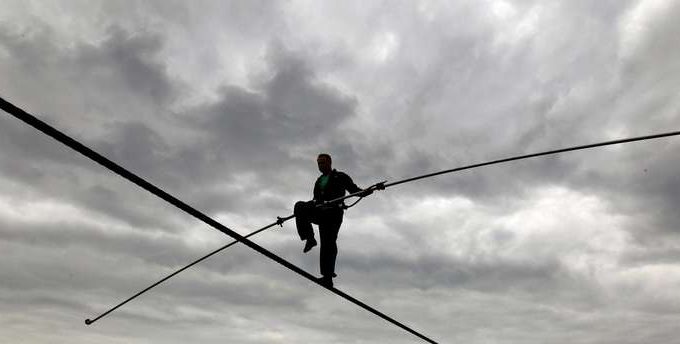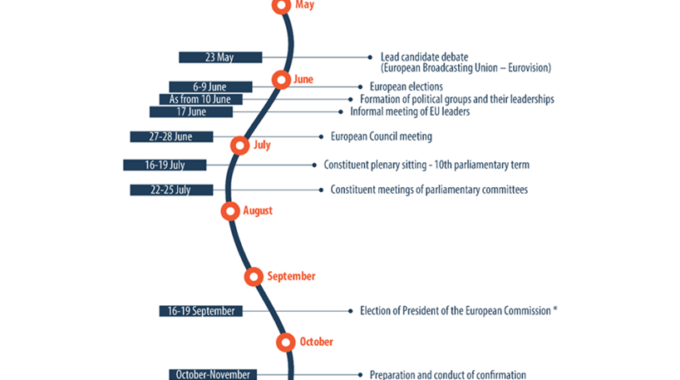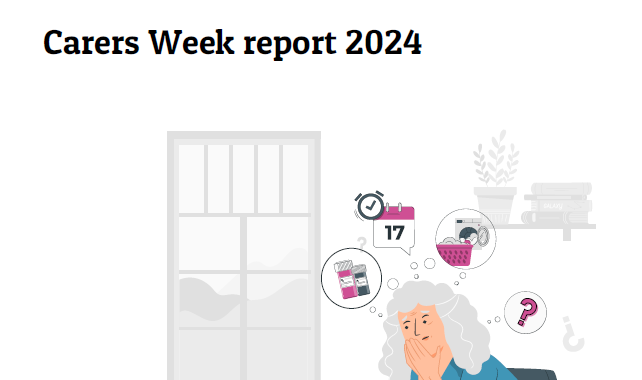
EU Work-life Balance Directive enters into force
What is the Work-life Balance Directive?
The Work-life Balance Directive introduces a set of legislative actions designed to modernise the existing EU legal and policy frameworks, with the aims of
- better supporting a work-life balance for parents and carers,
- encouraging a more equal sharing of parental leave between men and women, and
- addressing women’s underrepresentation in the labour market.
Supporting parental participation in the labour market is also one of the key pillars of the 2013 Recommendation for Investing in Children.
The Directive, which was passed by the European Parliament in April 2019, entered into force on 1 August 2019. Member States now have three years to adopt the laws, regulations and administrative provisions necessary to comply with the Directive.
Measures under the directive include:
- The introduction of paternity leave: under the directive, fathers must be able to take at least 10 working days of paternity leave around the time of birth of their child, compensated at least at the level of sick pay.
- Ensuring that two out of the four months of parental leave are non-transferable between parents and compensated at a level that is determined by the Member State.
- The introduction of carers’ leave: workers providing personal care or support to a relative will be entitled to five days of leave per year.
- Extending the right to request flexible working arrangements to carers and working parents of children up to eight years old.
The directive is also accompanied by a set of policy measures that are designed to support Member States in achieving the aims of better work-life balance and more equally distributed caring responsibilities. These include
- encouraging the use of European funds to improve the provision of formal care services,
- ensuring protection for parents and carers against discrimination or dismissal, and
- removing economic disincentives for second earners within families.
As a result of these measures, the directive aims to improve not only work-life balance but also contribute to an increase in women’s employment and families’ economic stability.
EPIC disseminates research and learning on family leave policies
The European Platform for Investing in Children (EPIC) is a platform which provides resources for Member States and monitors activities triggered by the Recommendation for Investing in Children by sharing good practices for children and families to foster cooperation and mutual learning in the field.
In addition to a library of practices, EPIC has publishes a series of policy memos designed to provide simple introductions to key policy topics, including recent memos on
Related links
Source: https://ec.europa.eu/social/main.jsp?langId=en&catId=89&newsId=9438&furtherNews=yes





